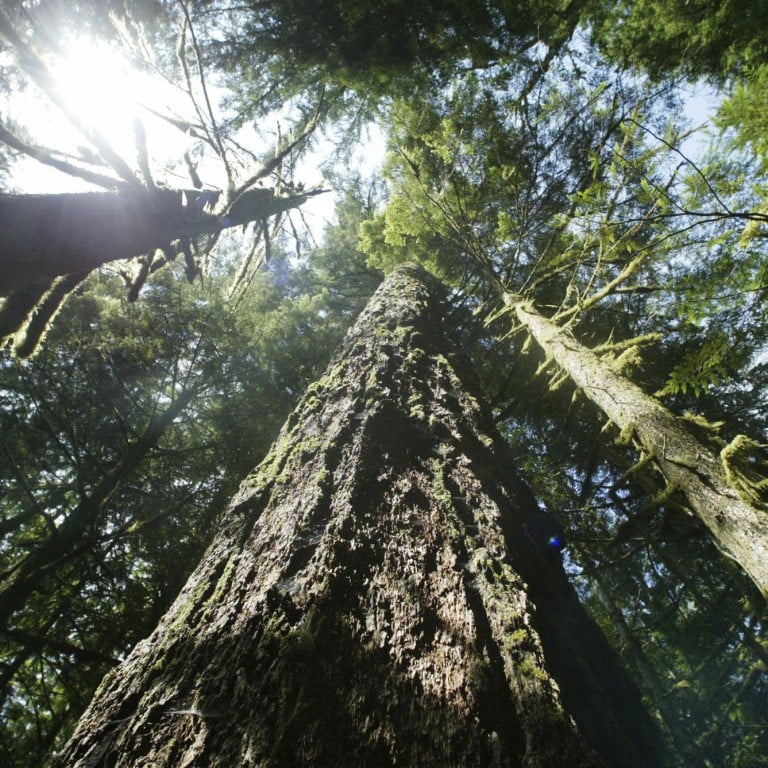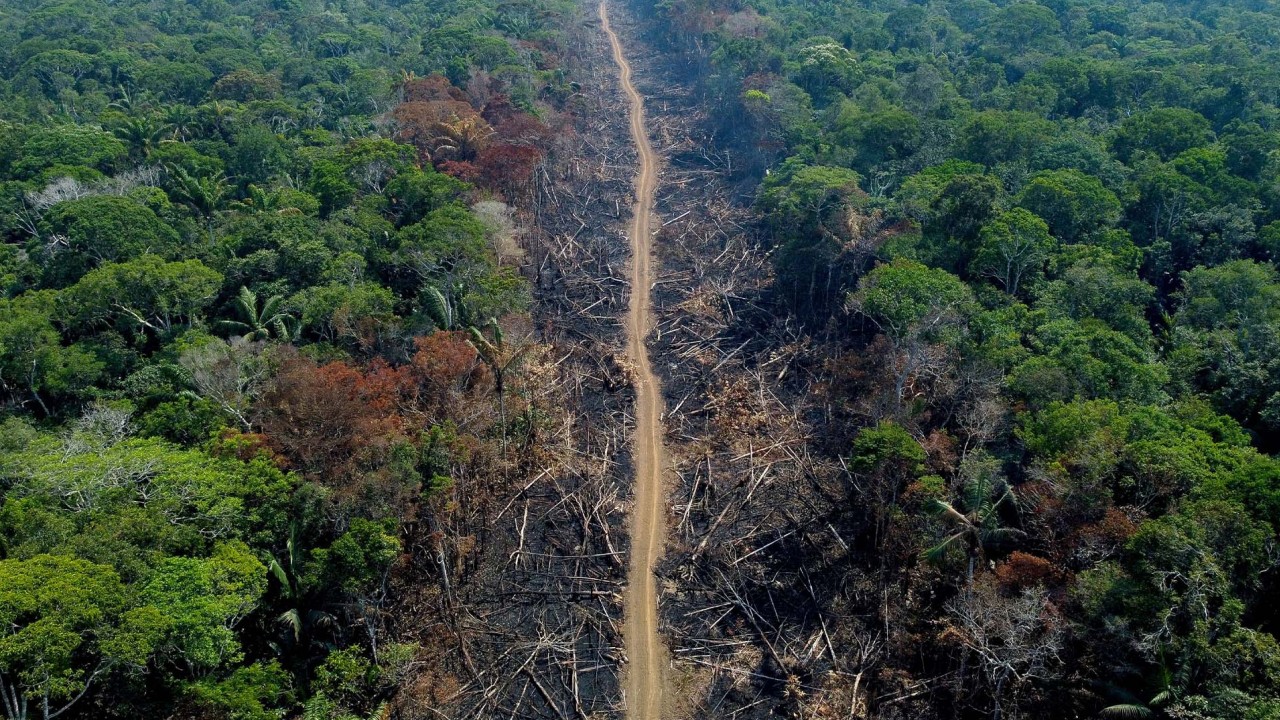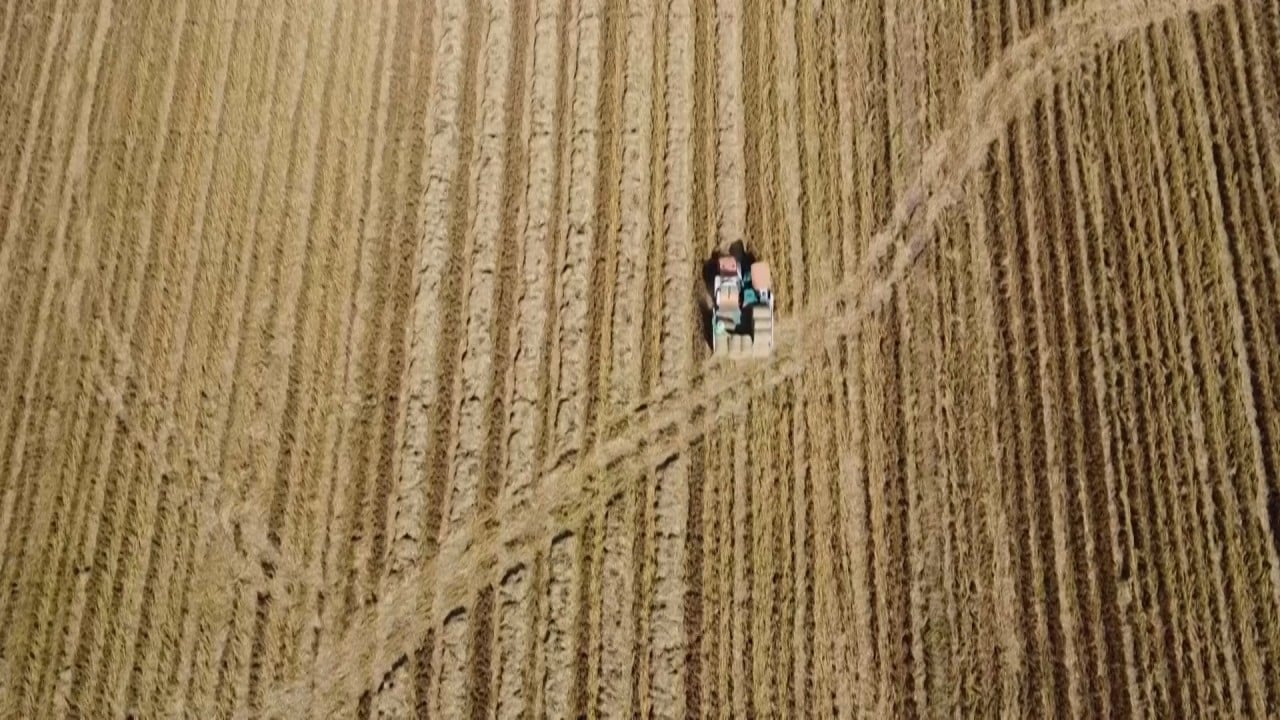
Simply fixing our degraded soil could have a huge climate impact
- When it comes to food production, water supply and carbon capture, our best chance of fixing things may be to work on the soil beneath our feet
Fighting climate change requires a systems change that will be tough – if not impossible. Pioneering systems thinker and co-author of the 1972 The Limits to Growth report, the late Dana Meadows, argued that a critical way to change complex systems is to find the right leverage point, where a small change can have a large impact. So what’s the obvious, common factor in climate boiling?
The scientific answer is carbon emissions. The atmosphere is mostly nitrogen and oxygen, but when sunlight hits more carbon particles in the atmosphere, Earth gets warmer. Before human life, there was a more balanced carbon cycle, with plants and microbiological life capturing carbon through photosynthesis, keeping the temperature balance.
Mismanagement has degraded more than a third of the world’s soil. The UN Food and Agriculture Organization estimates that soil degradation could rise to 90 per cent by 2050 if nothing is done. The more land degradation, the less food there is for our growing population.
Most rural communities grow their own food but urban societies, which make up more than half of mankind, rely on large-scale, industrial food production. A 2019 EAT-Lancet Commission report found the world’s faulty food systems had left about 1 billion people hungry and 2 billion people eating too much of the wrong food.
More than 40 per cent of adults (2.1 billion people) are now overweight, while 3.1 billion people cannot afford a healthy diet. Industrially produced food tends to include genetically modified organisms and lots of chemicals and preservatives that are neither healthy nor nutritious. Between 30 and 40 per cent of food in America is wasted during production and delivery, uneaten or thrown away due to poor logistics or overbuying.
Deforestation exposes the top soil and allows it to be leached of nutrients. At the most basic level, soil comprises complex ecosystems of bacteria, fungi, worms and microbes that preserve biodiversity, conserve water and capture carbon. Saving the soil literally preserves our future.
Increasingly, there is awareness that a farmer-centric effort to regenerate soil and food production can not only tackle our food crisis and water shortages but also capture carbon. Europe has formed a coalition to explore a farm-centric agriculture regenerative initiative.
Recent archaeological finds in the Amazon showed the presence of terra preta, a nutrient-rich composted soil. Improving degraded land with compost could be a cheaper and more organic way of restoring soil quality and multi-crop farming. In short, technology is available to increase food production organically to help raise not just rural incomes but also food quality.
Is this all pie in the sky?
Solving climate change and social injustice is about doing more for many with less. Regenerating soil means improving a limited resource to produce more nutritious food for more people, reducing our need to compete with each other. Climate change is a change in context. Those who think systemically but act and adapt locally will survive. Those who deny change will not.
Andrew Sheng is a former central banker who writes on global issues from an Asian perspective


.jpg?itok=t8OJmsoF)

